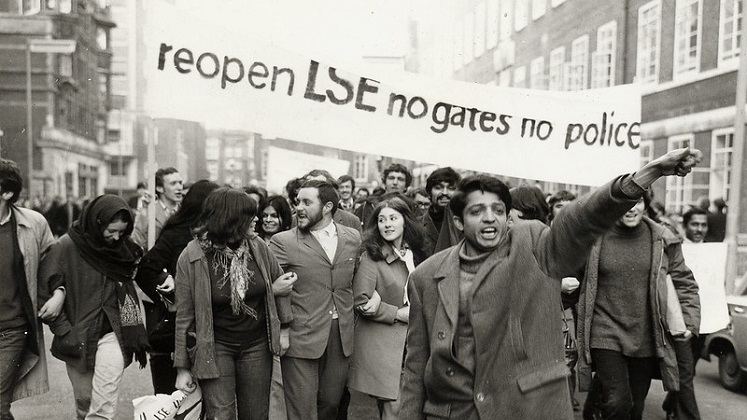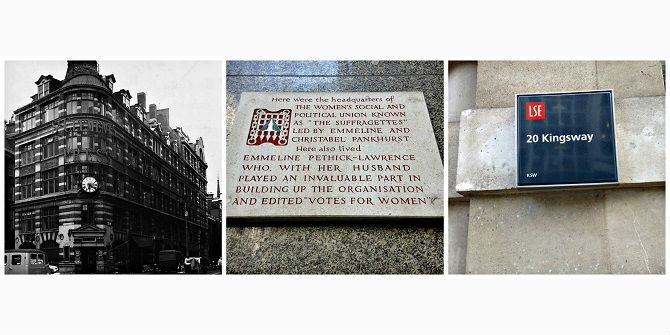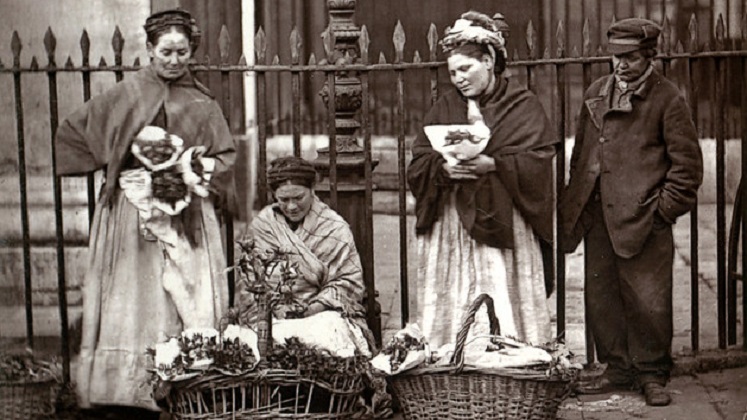Andrea Pisauro, Lecturer in Psychology at the University of Plymouth and member of the Matteotti Committee London, has been using LSE Library archives to research Italian socialist leader Giacomo Matteotti, who is known for his role in the fight for democracy and his international antifascist legacy. Copies of the preliminary inquest on Matteotti’s murder in 1924 were smuggled to LSE in 1926.
Giacomo Matteotti has always been an inspiring figure for me. He was the most important Italian socialist leader in the early 1920s and the most vocal opponent of Mussolini in the Italian Parliament. He was kidnapped and killed in Rome by a fascist squad on 10 June 1924, just days after delivering a speech in Parliament that exposed violence and fraud during the 1924 Italian general election. His murder marks a turning point in Italian and European history as it allowed Mussolini to suppress Italian democracy and start his 20-year dictatorship.

I learnt about Matteotti from my socialist parents even before studying history in school, not least because I was born on 10 June 1984, on the 60th anniversary of his murder. To this day, my father keeps a picture of Matteotti in his office. Learning about this brave politician who paid with his life his struggle to defend Italian democracy helped shape my own political identity. This influence defined my activism in defence of democracy and connected me with another Italian socialist, Felice Besostri, who in recent years fought with “Matteottian” spirit to make Italian electoral laws more democratic. He put me in touch with the Matteotti Foundation which works to honour the memory of Matteotti.
Despite his important role in Italian and European history, and despite a number of bodies striving to keep alive his legacy, first among them the Matteotti Foundation, few outside Italy are familiar with Matteotti, who is often overshadowed by his contemporary Antonio Gramsci, whose revolutionary legacy fit more neatly with the ideologies of postwar Italy and whose political philosophy encountered global success in the last few decades.

Matteotti was neither a philosopher nor revolutionary. He was a brave politician who, earlier than anyone else, understood the scale of the threat that Mussolini posed for Italy and Europe and who fought so tirelessly and effectively to stop fascism that Mussolini’s regime felt that they had to eliminate him.
Precisely in the attempt to raise the alarm in Europe, on 23 April 1924, Matteotti arrived in London to rally support with the then Labour government against the fascist government in Italy. Less than two months later he would be killed.

In the aftermath of the murder, Mussolini used Matteotti’s violent end to justify the suppression of democracy. The culpability of his secret political police, meanwhile, was covered up. In a farce trial judges loyal to Mussolini acquitted almost all involved in the murder, with only a few perpetrators condemned for minor offences and promptly freed as part of an amnesty.
This further injustice against Matteotti’s legacy prompted Italian antifascists to seek help from the international allies that Matteotti himself had always appealed to in his quest to stop fascism.
Matteotti in the LSE archives
Two years after the murder, in December 1926, copies of the preliminary inquest on Matteotti’s murder were smuggled to London and were handed in to LSE by the exiled antifascist intellectual Gaetano Salvemini. Not long after their arrival at the LSE Library, some documents suggest there was an attempted burglary to steal the papers, although we don’t know who did this.
The Matteotti Foundation asked me to study these documents at LSE. It was the beginning of a fascinating journey!
Looking at these documents, my first thought was about the sense of urgency and desire for the truth to be preserved by men and women who were witnessing the beginning of a dictatorship. They were typewritten in haste by the lawyer of Matteotti’s widow who had little time for the task and therefore they include repetitions and errors that make that sense of urgency very vivid.
The documents were sent to London as Salvemini, who was emerging as a leading antifascist figure in exile, had extensive connections with British intellectuals and politicians including John Maynard Keynes and Ramsay MacDonald. He was also friend with Alys Russell, the first wife of British philosopher Bertrand Russell, who regularly hosted him at her house in Chelsea along with LSE luminaries such as the political scientists Graham Wallas and Goldsworthy Lowes Dickinson. Salvemini thus considered LSE a safe haven and after studying the documents closely before writing The Fascist Dictatorship in Italy, a powerful 1928 account of why Italy became a dictatorship, he decided to hand them in there.
The documents relate to the first phases of the investigation conducted by Mauro Del Giudice, a judge determined to unveil the truth at a time when Italy was not yet entirely controlled by Mussolini, who was then Prime Minister but not yet dictator.
They detail how, in the first few days after the murder, almost all the perpetrators were arrested thanks to the lead brought by a witness who had taken note of the registration number of the car used to kidnap Matteotti. The papers reveal how just two days after the murder, when Mussolini told Parliament that he knew nothing about Matteotti’s fate, he was instead well aware of the assassination executed by his political police, a small group of violent fascists who worked under the directive of the Prime Minister’s office.
Throughout the documents we can see how Mauro Del Giudice went after accomplices in the murder who populated Mussolini’s inner circle, forcing Mussolini himself to discharge some of his most loyal henchmen in an attempt to exonerate himself from the murder.
Yet, in the following weeks and months the judge found compelling evidence linking the murder to Mussolini himself, who was accused by several close collaborators with compelling testimonies corroborated by dozens of witnesses.
The significance of these documents is precisely this: they show how the murder of Matteotti was organised and premeditated by Mussolini, a conclusion that remains controversial among Italian scholars that didn’t have a chance to come to LSE.






Watch: A special seminar on Matteotti’s life and the significance of these documents took place at LSE Library on 23 April 2024.





